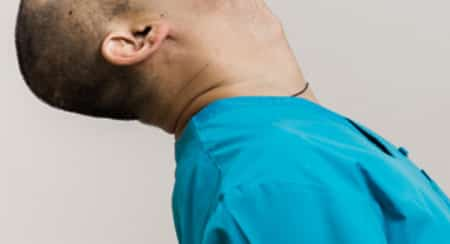Have you ever experienced dizziness following a meal and wondered if it might indicate a health issue? Occasionally, feeling light-headed can be a symptom of an underlying condition such as diabetes. This article will examine the relationship between dizziness, eating habits, and diabetes. Nevertheless, it is crucial to seek advice from a healthcare professional if you have any worries regarding your well-being.
Understanding Dizziness
Dizziness is a term used to describe a feeling of unsteadiness, lightheadedness, or a sense that the surroundings are spinning. This sensation can sometimes occur after eating and may be linked to various health conditions.
Connection Between Diabetes and Dizziness
Although it is rare for people to feel lightheaded after having a nutritious meal, individuals with diabetes may encounter these symptoms. This could be due to their body’s response to particular foods, which can lead to unstable blood sugar levels resulting in dizziness.
In individuals with diabetes, the body’s capability to regulate blood sugar levels is hindered. Consequently, when a person with diabetes consumes a meal that is rich in simple carbohydrates or sugar, their blood sugar levels can rapidly increase, leading to symptoms such as feeling dizzy, lightheaded, and confused.
Other Diabetes Symptoms
It is crucial to note that while dizziness after eating can be a sign of diabetes, it is rarely the only symptom. A person who has diabetes may also exhibit:
- Frequent urination
- Constant thirst
- Unexplained weight loss
- Fatigue
- Blurred vision
- Slow healing sores
Addressing Dizziness and Diabetes
If you experience dizziness regularly after meals and are concerned about diabetes, it’s wise to seek medical advice. Your healthcare provider can carry out a diabetes test and offer guidance for managing your blood sugar levels.
Keep in mind that a balanced diet coupled with regular exercise remains key to managing diabetes symptoms. People with diabetes are often advised to opt for whole foods full of fiber and maintain consistent meal times to avoid blood sugar imbalances.
Conclusion
Although dizziness after consuming food can indicate a connection to diabetes, it should not be solely relied upon as a definitive sign of the illness. There are various factors that can lead to dizziness. In cases of frequent dizziness, it is crucial to seek advice from healthcare experts who can evaluate the condition, conduct medical examinations, and offer an precise diagnosis.
It is important to mention that regardless of having diabetes or not, it is crucial to lead a healthy lifestyle by engaging in enough physical activity and eating a well-balanced diet for your overall wellbeing. Look after your health and understand that identifying health issues early on and taking proactive measures can have a significant impact.
About the Author
Reyus Mammadli is the author of this health blog since 2008. With a background in medical and biotechnical devices, he has over 15 years of experience working with medical literature and expert guidelines from WHO, CDC, Mayo Clinic, and others. His goal is to present clear, accurate health information for everyday readers — not as a substitute for medical advice.







